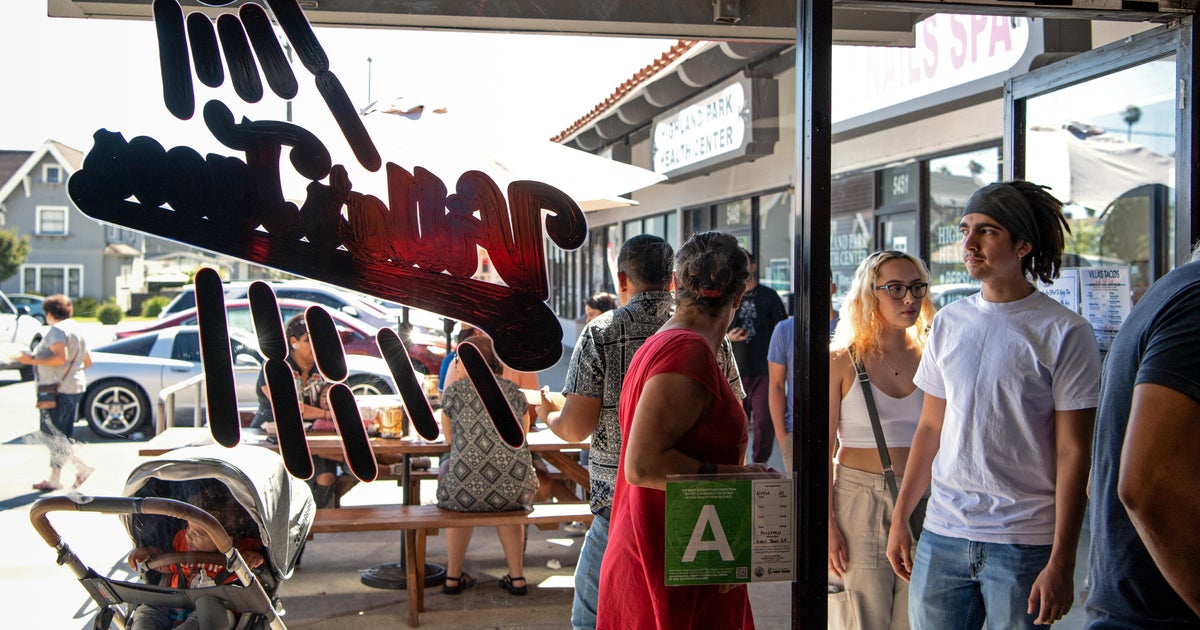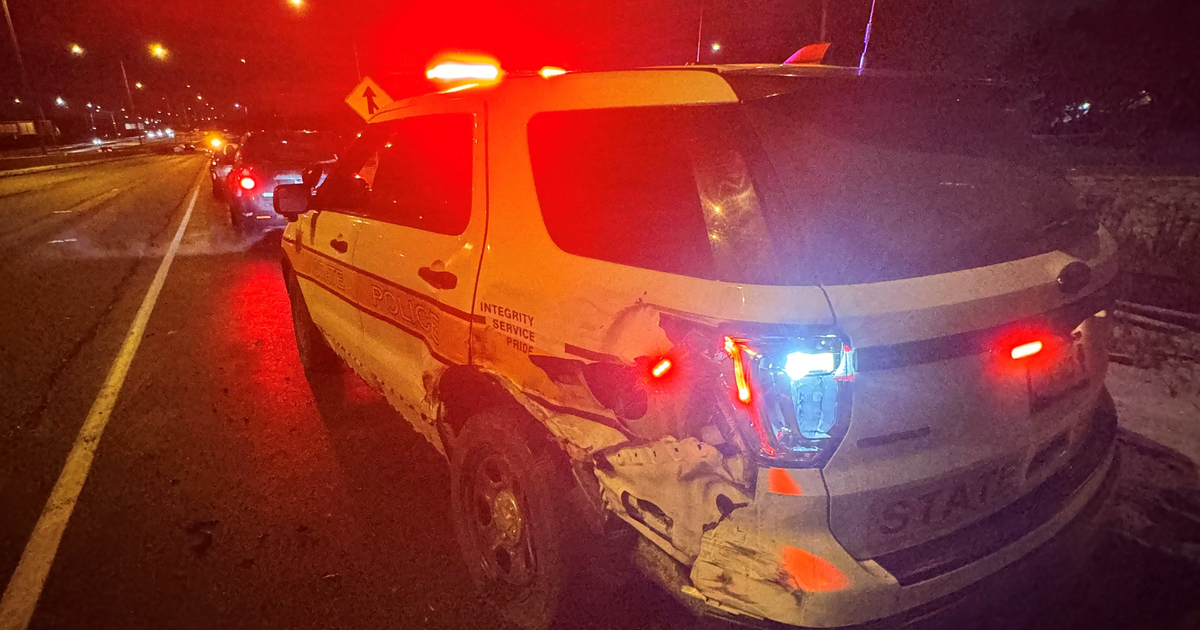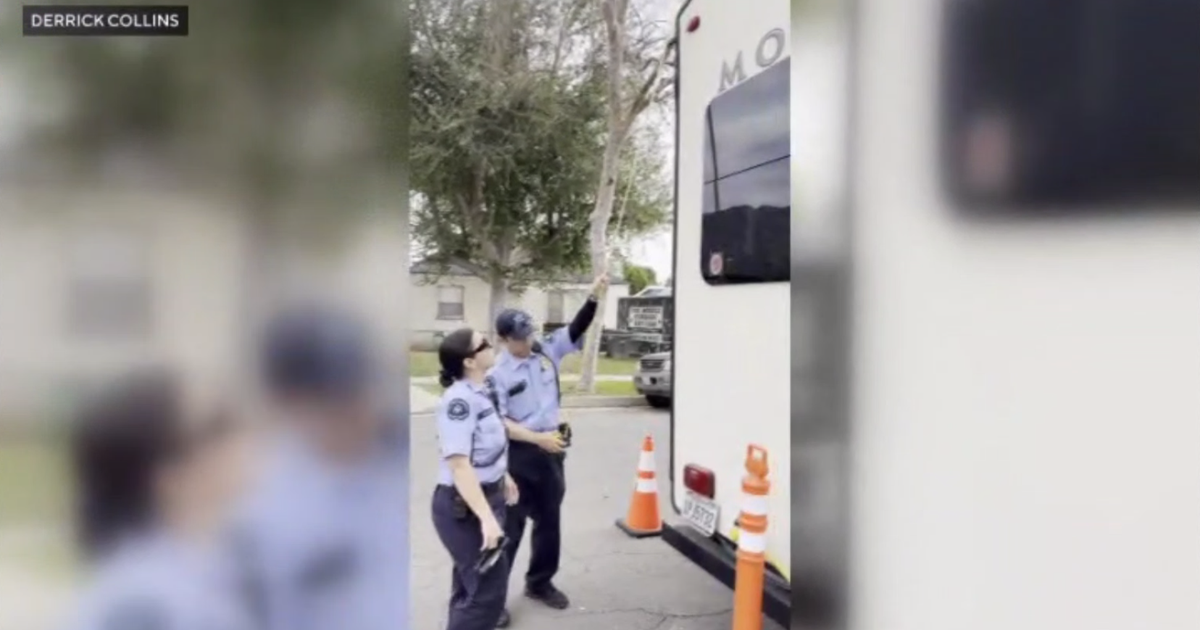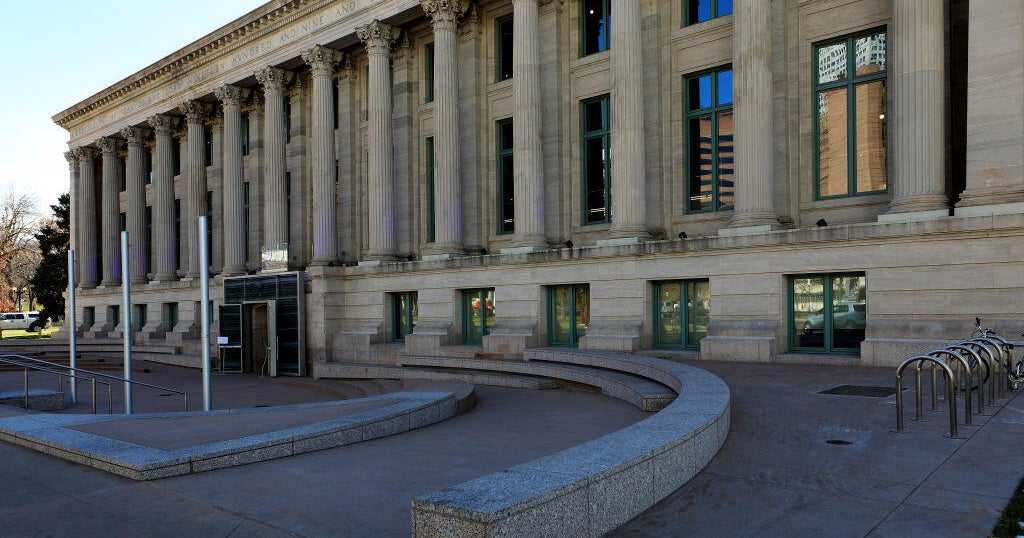Halftime In Springfield, Illinois Still Without A Budget
CHICAGO (CBS) -- It's halftime in Springfield. The state legislative session is already half over, and Illinois still doesn't have a budget.
CBS 2's Political Report Derrick Blakley took stock of whether we're closer to a budget, or a government shutdown.
The Illinois Senate Appropriations Committee met on Wednesday, only to hear what it already knows.
"There is nothing politically attractive or easy left for the state of Illinois to try in order to balance its budget," said Laurence Msall, who's with the Civic Federation.
A frustrated Gov. Bruce Rauner addressed first responders in a meeting at Springfield Wednesday.
"Obviously, we've got major budget challenges, but I want to make sure that the resources you need to do your job well are always a top priority and they don't get hurt by the baloney -- The stuff that goes on inside state government," he said.
Rauner's ruled out another stopgap budget to increase pressure on Democrats.
Does that move us closer to an implosion; a government shutdown?
Sen. Don Harmon said he worries that it does.
Democrats charge Rauner killed the so-called grand bargain compromise being hammered out in the Senate.
"We had a few Republican votes on a Tuesday, and we no had Republican votes on Wednesday. And the only thing that happened was the governor's folks started calling people in," Harmon said.
But Republicans contend the compromise is heavy on tax hikes, but light on spending cuts.
"The one thing that's been missing from any sort of public discussion so far has been where do we need to reduce the size of government first," said Sen. Dan McConchie. "I believe that's where the conversation absolutely must start."
While Democrats insist Rauner must spell out exactly what he wants.
"We have been doing our best and all he does is keep saying no. I think if he has an alternative, he has to put it on the table," Sen. Heather Steans said.
Both sides say the grand compromise isn't totally dead, and could be revived if and when the two sides agree.
Meantime, the unpaid bills continue to pile up -- $14 billion by the end of this year and $24 billion if, somehow, the stalemate continues until the election next year.







